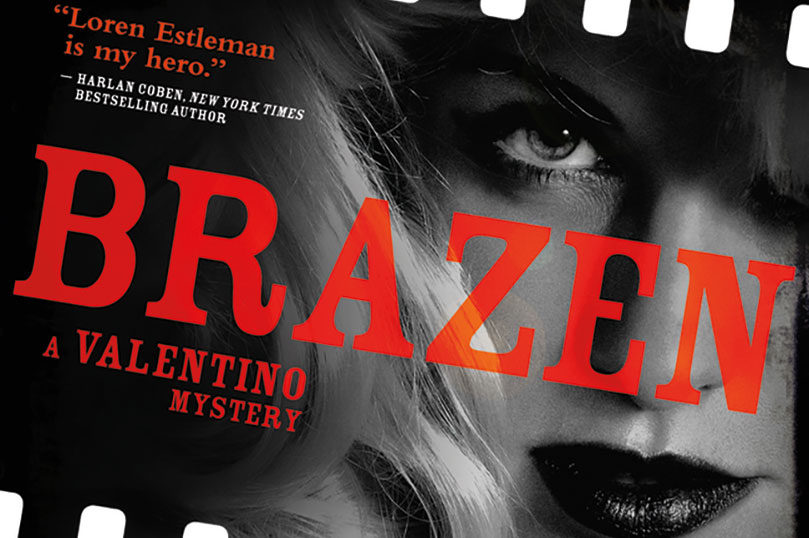
Sneak Peek: Brazen by Loren D. Estleman
A killer is reenacting the deaths of Hollywood’s blond bombshells, and Valentino must stop him before it’s too late in Loren D. Estleman’s Brazen. Please enjoy this excerpt.
Each issue of the Forge Newsletter features articles by upcoming authors, sneak peeks, special offers, and more. Sign up here to start receiving our newsletter via email.

A killer is reenacting the deaths of Hollywood’s blond bombshells, and Valentino must stop him before it’s too late in Loren D. Estleman’s Brazen. Please enjoy this excerpt.
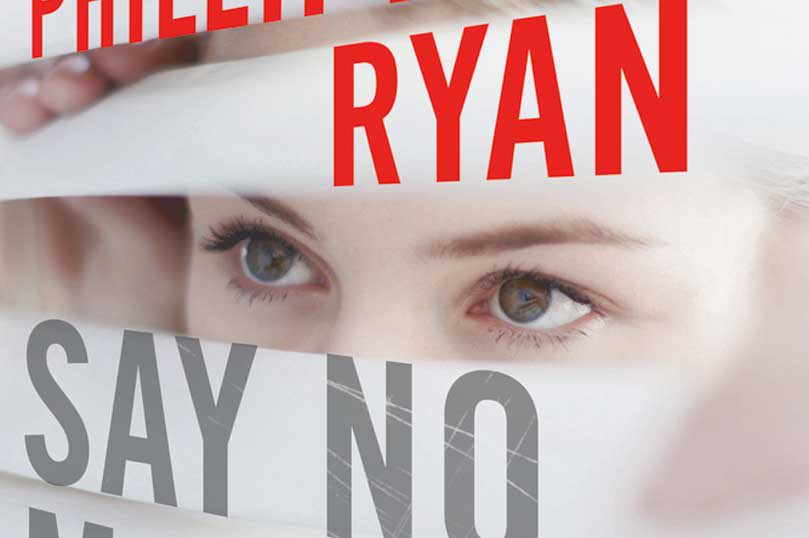
Say No More, the thrilling next installment in Hank Phillippi Ryan’s Jane Ryland Series, will become available November 1st. Please enjoy this excerpt.
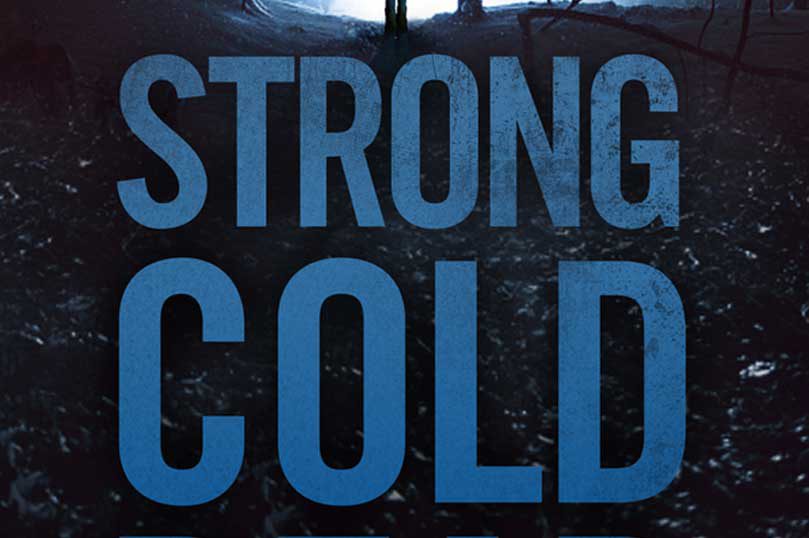
Strong Cold Dead author Jon Land names his favorite modern Westerns, from Dirty Harry to Die Hard.

An Irish Country Love Story—available October 4th—is a new and heartwarming installment in Patrick Taylor’s beloved bestselling Irish Country series. Please enjoy this excerpt.

Stripped Bare author Shannon Baker talks about lessons learned from taking the road less traveled.

Retired CIA assassin Kirk McGarvey faces the most formidable adversary of his long and storied career in End Game—available September 6th—by David Hagberg. Please enjoy this excerpt.

Ruddy McCann is back in Repo Madness–the laugh-out-loud, thrilling adventure from bestselling author W. Bruce Cameron! Please enjoy this excerpt.
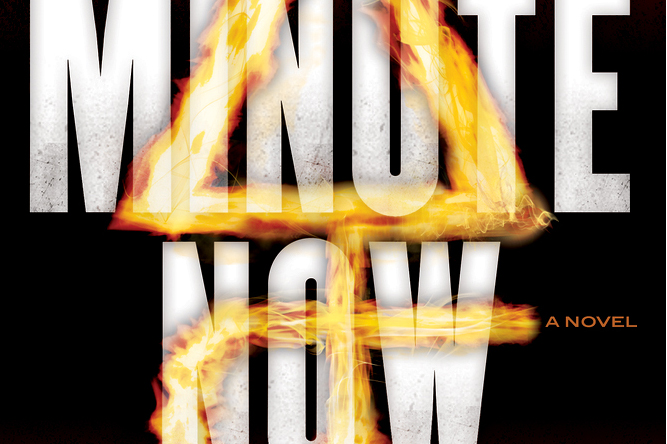
Sneak Peek: Any Minute Now by Eric Van Lustbader Red Rover is broken, finished, dead. The blackest of black ops teams is betrayed on its top-priority mission to capture and interrogate a mysterious Saudi terrorist. One of their own is killed, the remaining two barely get home alive. Then without warning or explanation the mission…
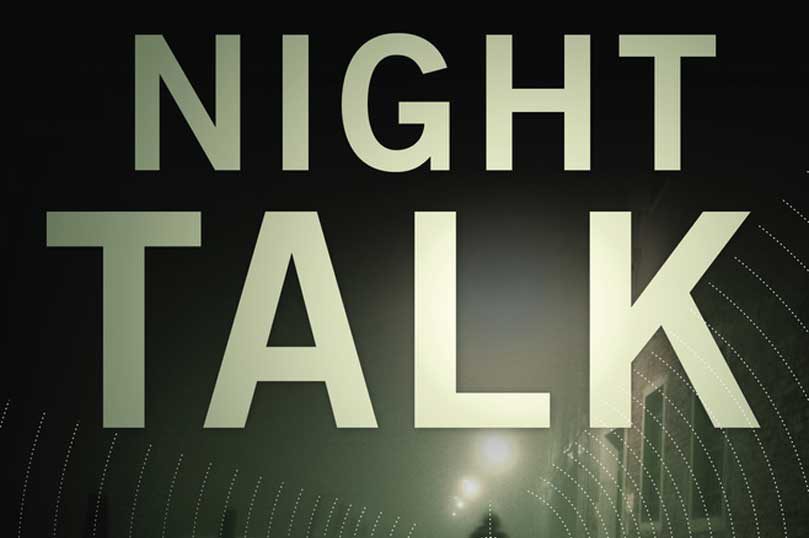
Greg Nowell is a voice in the darkness–a late-night talk-show host who tackles controversial subjects, from angels to aliens and government agencies so deep in shadow that the puppet strings they use to exercise control are invisible. His radio show is a world of the paranormal and paranoia, where claims of alien abductions, Big Foot…
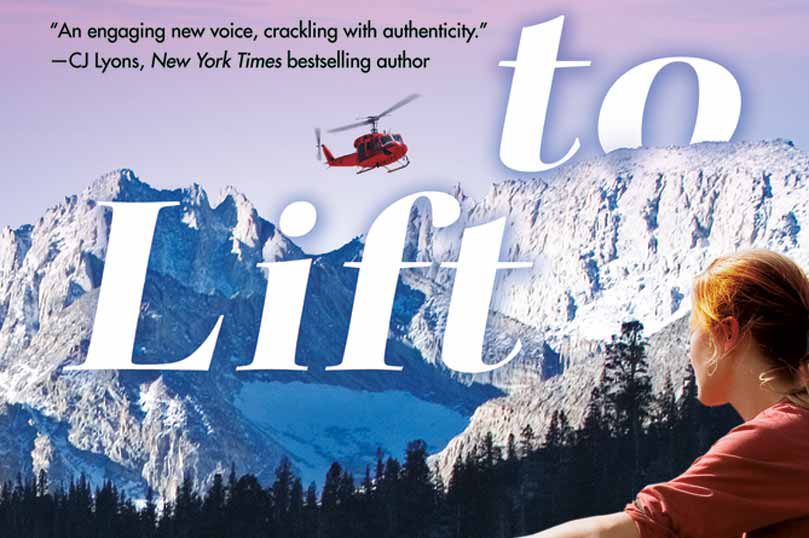
Navy helicopter pilot Lt. Alison Malone has been assigned to a search and rescue team based at Naval Air Station Fallon, Nevada, near the rugged peaks of the Sierra Nevada, and far from her former elite H-60 squadron. A rule follower by nature, Alison is exasperated and outraged every time she flies with her mission…